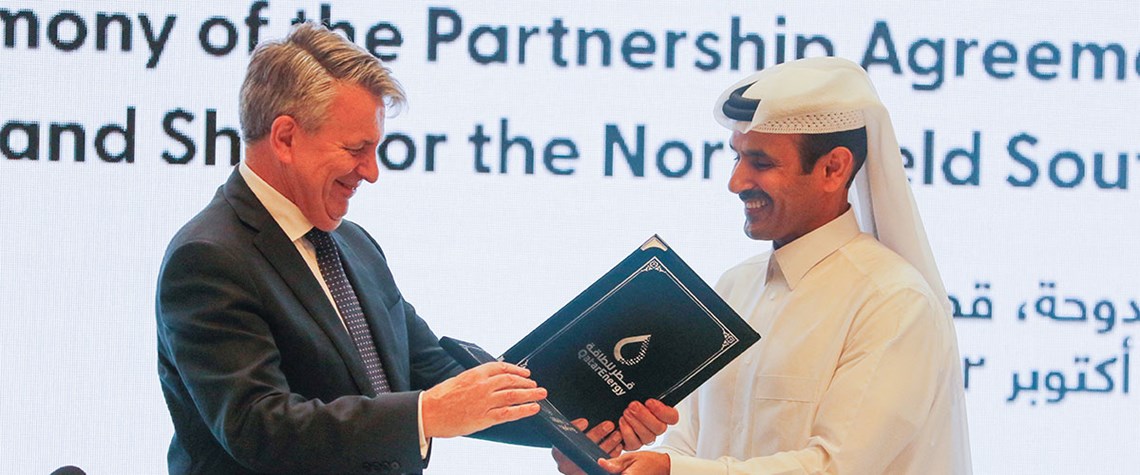QatarEnergy’s INOC paradox
The state-owned LNG heavyweight is adamant that it is a purely commercial enterprise, but the evidence is conflicting
The term INOC—for international national oil company—has somewhat fallen out of fashion in recent years. Interestingly, Saad al-Kaabi, CEO of QatarEnergy, did not try to revive it when he addressed the Energy Intelligence Forum in October. Instead, he claimed that his firm should simply be considered an IOC. But even a cursory glance at Kaabi himself must raise immediate questions about his claims of QatarEnergy being divorced from political influence. For one thing, as well as wearing his CEO hat, he is also Qatar’s minister for energy. His recent travel schedule—as publicised not by the ministry, but by QatarEnergy—also appears to conflict with his narrative. “The characterisation of NOC i

Also in this section
17 February 2026
The 25th WPC Energy Congress, taking place in Riyadh, Saudi Arabia from 26–30 April 2026, will bring together leaders from the political, industrial, financial and technology sectors under the unifying theme “Pathways to an Energy Future for All”
17 February 2026
Siemens Energy has been active in the Kingdom for nearly a century, evolving over that time from a project-based foreign supplier to a locally operating multi-national company with its own domestic supply chain and workforce
17 February 2026
Eni’s chief operating officer for global natural resources, Guido Brusco, takes stock of the company’s key achievements over the past year, and what differentiates its strategy from those of its peers in the LNG sector and beyond
16 February 2026
As the third wave of global LNG arrives, Wood Mackenzie’s director for Europe gas and LNG, Tom Marzec-Manser, discusses with Petroleum Economist the outlook for Europe’s gas market in 2026







